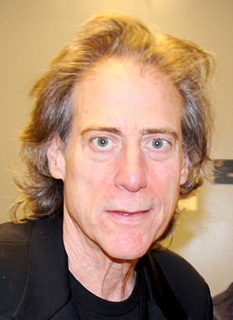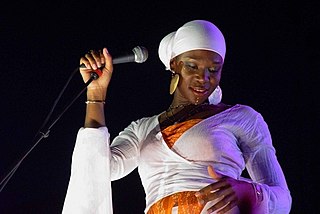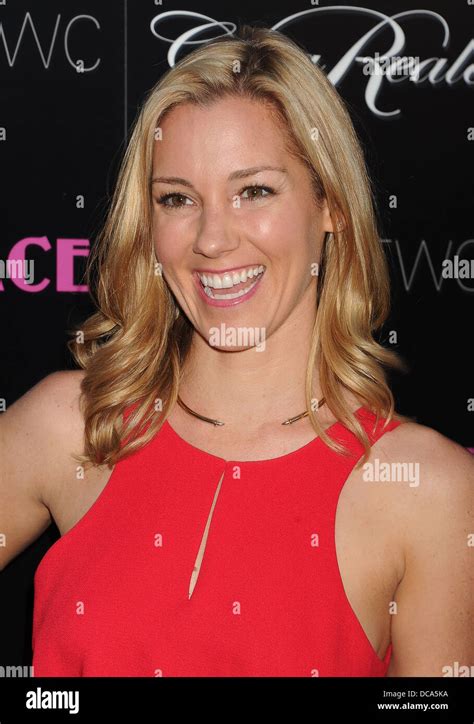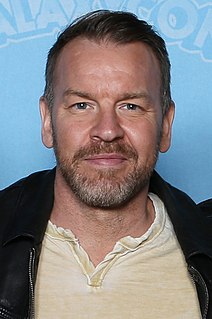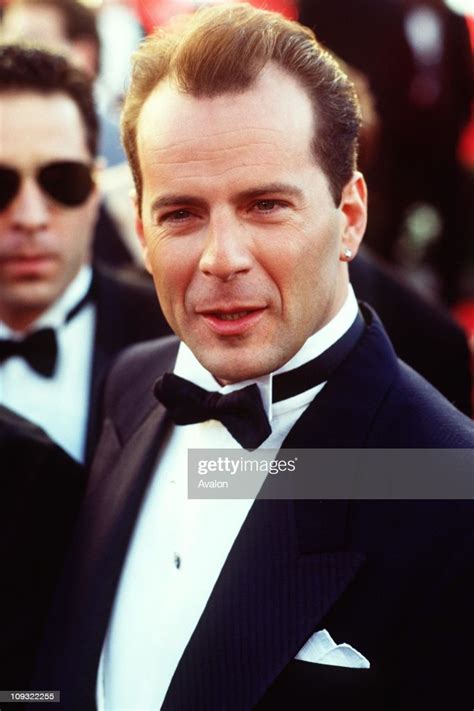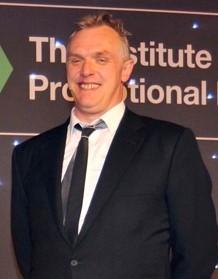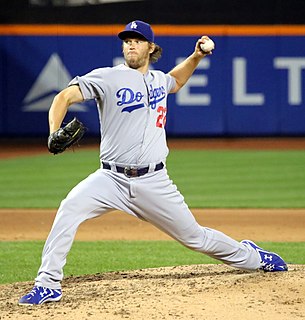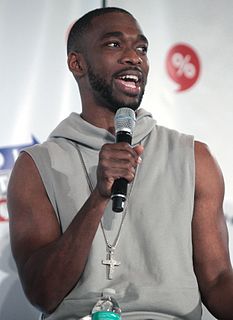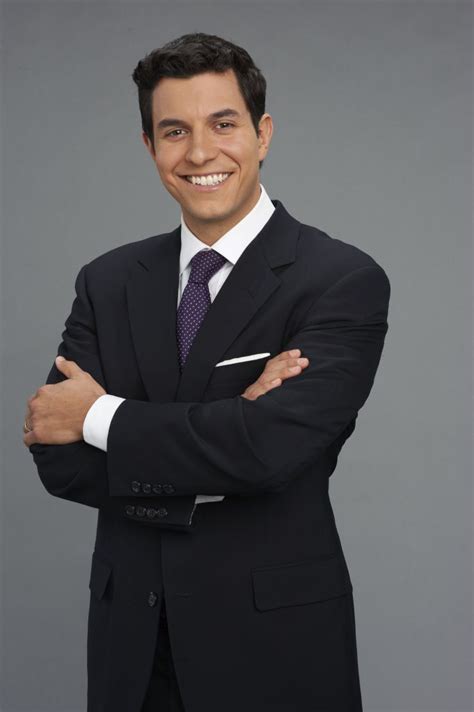A Quote by Jimmy O. Yang
That's what's great about standup comedy: the instant feedback. You get up on stage, you tell a joke, if it doesn't work, come back the next day with a better version of it.
Related Quotes
All my cuts are always about three hours, at the start, mainly because any scene in the movie that's 90 seconds, I probably shot a five-minute version of. If you just extrapolate that through the whole movie, I have a very long version of every scene, usually because, if there's one funny joke, I'll shoot five because I don't know if the one I like is going to work. I'll get back-ups because my biggest fear is to be in previews, testing the movie, and a joke doesn't work, but I have no way to fix it because I have no other line.
To this day, to this very day, except for television, I've never had a writer. Anything I've ever done on the stage, happened on the stage and I developed it from there. It started doing impressions and jokes - which I did very poorly. To this day I can't tell a joke. That sounds nuts, but it's true. I exaggerate it and it becomes a joke. Everything I've ever done I've done out on the stage and it became a performance over many many years.
I have become a giant fan of the testing process, especially with a comedy. I mean, they tell you what's funny. It's almost tailor-made for people who shoot the way we shoot, trying a million different options and versions of things. Because the audience doesn't laugh at a joke, we put in another joke. If they don't laugh at the next joke, we put in another joke. You just keep doing them and you can get the movie to the point where every joke is funny, if you have enough options in the can.
A lot of female comedians will go up there in a sweatshirt and Converses, trying to dress themselves down, because it is sort of a boy's club. I'll go up in my heels. I like that people don't think I'll be funny. I'll take that on. I don't do standup comedy - I do standup and I do comedy, but I don't go up there and do jokes.
Growing up, I didn't know anything about comedy and didn't know anything about comedians or what standup was. I grew up in the projects with no dream of anything, it was in my formatting when i got older and started talking to my friends about how I felt, they would be like, "dude, that's funny." Then one day my friend was like, "Dude, you don't understand how funny you are, you need to do standup"!
When I was working with Barry Sonnenfeld, I'd watch him set up a shot and talk to him about what he was seeing and what it was to shoot comedy. He told me that a lot of times with comedy, it's not just about getting the joke, but getting a reaction to the joke. That's the laugh - it's somebody's else's reaction to the joke.
Now, I want to explain something to you guys. I don't have an ending joke, because I don't tell jokes. I tell real-life stories and make them funny. So, I'm not like the average comedian. They have an ending joke; they always holler Peace! I'm out of here, and walk off stage. So, basically, when I get through performing on stage, I just walk off.
I like Twitter more than Facebook. Twitter is a great way to deliver and get news. In news writing less is more and 140 characters is great. If you can't grab that headline in 140 characters than it's not a story. Viewers tweet all the time and they tell what stories they like and don't like. It's great to interact with them and get that instant feedback. It's great for the viewer and the journalist.


